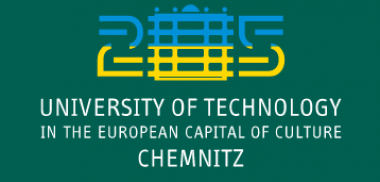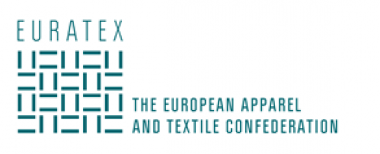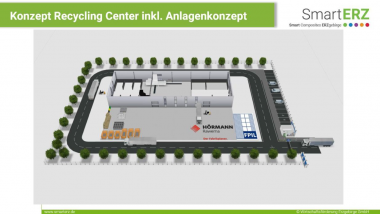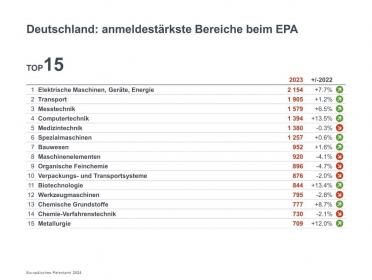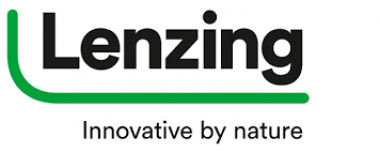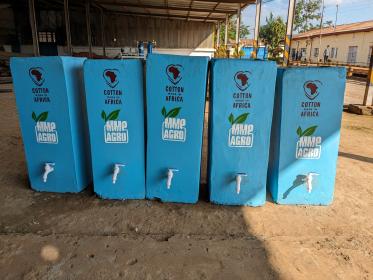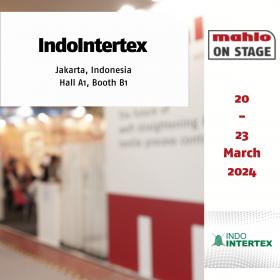Südwesttextil begrüßt Durchbruch beim Nachweisgesetz
Das Bürokratieentlastungsgesetz IV (BEG IV) ist Teil des Meseberger Entlastungspakets und soll Entlastungen in Höhe von knapp einer Milliarde Euro pro Jahr bewirken. Der Wirtschafts- und Arbeitgeberverband Südwesttextil hatte zuvor kritisiert, dass die Bundesregierung eine signifikante Stellschraube im Nachweisgesetz auslässt, indem lediglich die elektronische Form nicht aber die Textform als Ersatz für die Schriftform vorgesehen war. Die elektronische Form ist aber keine wirkliche Entlastung für Unternehmen. Diese Neuregelung ging Südwesttextil insbesondere in Zeiten des Fachkräftemangels nicht weit genug.
Der Beschluss des Bundeskabinetts am 13. März 2024 sah im Nachweisgesetz nach wie vor keine Verbesserungen im Vergleich zum Referentenentwurf vom 11. Januar 2024 vor. Nun ergab eine Koalitionseinigung, dass im Nachweisgesetz und im Arbeitnehmerüberlassungsgesetz doch die Textform zugelassen werden soll.
Südwesttextil-Hauptgeschäftsführerin Edina Brenner begrüßt den Durchbruch: „Die Zulassung der im Geschäftsverkehr üblichen und anerkannten Textform im Nachweisgesetz war überfällig und entspricht nun den digitalisierten Personalabteilungen unserer Mitgliedsunternehmen.“ Die bürokratische Belastung für die Unternehmen der baden-württembergischen Textil- und Bekleidungsindustrie ist in vielen Bereichen hoch. Südwesttextil sieht daher weiterhin großen Bedarf für den Bürokratieabbau: „Wir nehmen Bundesjustizminister Dr. Marco Buschmann beim Wort, dass auf das Bürokratieentlastungsgesetz weitere Schritte folgen.“
Südwesttextil Verband der Südwestdeutschen Textil- und Bekleidungsindustrie Südwesttextil e.V. Bundesregierung Bürokratieentlastungsgesetz Bürokratie
Südwesttextil - Verband der Südwestdeutschen Textil- und Bekleidungsindustrie e.V.
















